Here are 7 famous interpretation or translation blunders in history—some humorous, others with serious consequences:
1. “We will bury you” – Khrushchev’s Threat?
-
What happened: In 1956, Soviet leader Nikita Khrushchev said “Мы вас похороним” (“My vas pokhoronim”), which was translated as “We will bury you”.
-
Why it matters: The phrase sounded like a nuclear threat to the West, escalating Cold War tensions. A better translation might have been “We will outlast you”—referring to the survival of communism over capitalism.
2. The “Nothing” Apology – Jimmy Carter in Poland (1977)
-
What happened: During a speech in Poland, President Jimmy Carter’s interpreter mistakenly translated his opening words as:
-
“I desire the Poles carnally.”
-
Another sentence came out as “I left the United States never to return.”
-
-
Impact: The mistranslations caused embarrassment and laughter in Poland and abroad.
3. “Do Nothing” – The 1945 Hiroshima Misunderstanding
-
What happened: Japan’s response to the Allied demand for surrender was “mokusatsu” (黙殺), which can mean either “withholding comment” or “treat with silent contempt.”
-
Impact: The Allies interpreted it as a rejection, contributing to the decision to drop the atomic bombs.
4. Coca-Cola’s Chinese Debut
-
What happened: Coca-Cola was initially transliterated in Chinese as 蝌蚪啃蜡 (Ke-kou-ke-la), which loosely meant “bite the wax tadpole” or “female horse stuffed with wax” depending on the dialect.
-
Fix: They eventually changed it to 可口可乐, which means “tasty and fun.”
5. HSBC’s “Do Nothing” Campaign
-
What happened: HSBC’s 2009 tagline “Assume Nothing” was mistranslated in several countries as “Do Nothing.”
-
Impact: The bank had to spend $10 million rebranding and correcting the mistake.
6. Pepsi Brings Your Ancestors Back?
-
What happened: Pepsi’s slogan “Come alive with the Pepsi Generation” was translated in Taiwan as “Pepsi brings your ancestors back from the grave.”
-
Impact: Not exactly the vibe they were going for.
7. The Iran-Contra Affair: Lost in Interpretation
-
What happened: During secret U.S. arms deals with Iran in the 1980s, mistranslations in Arabic and Farsi reportedly contributed to misunderstandings about what each party expected from the deals—fueling political scandal and confusion.

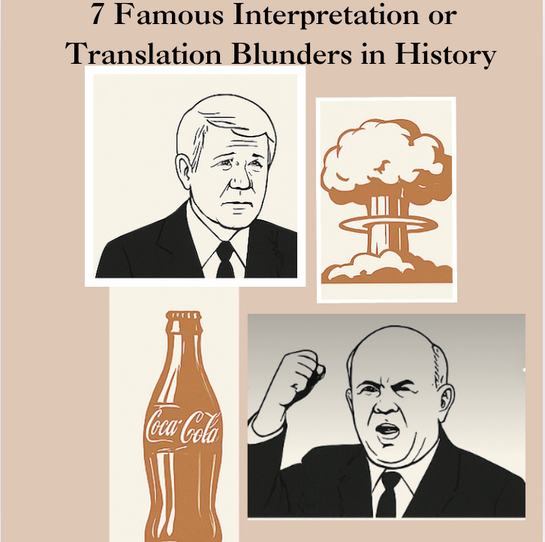

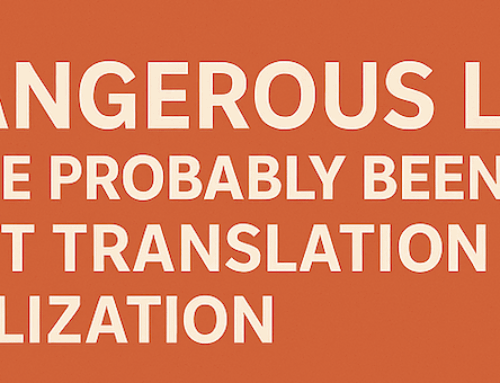
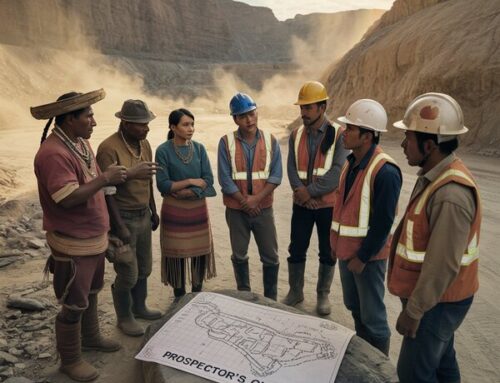






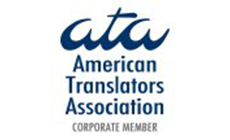
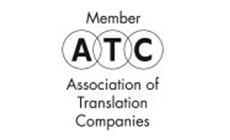
Leave A Comment